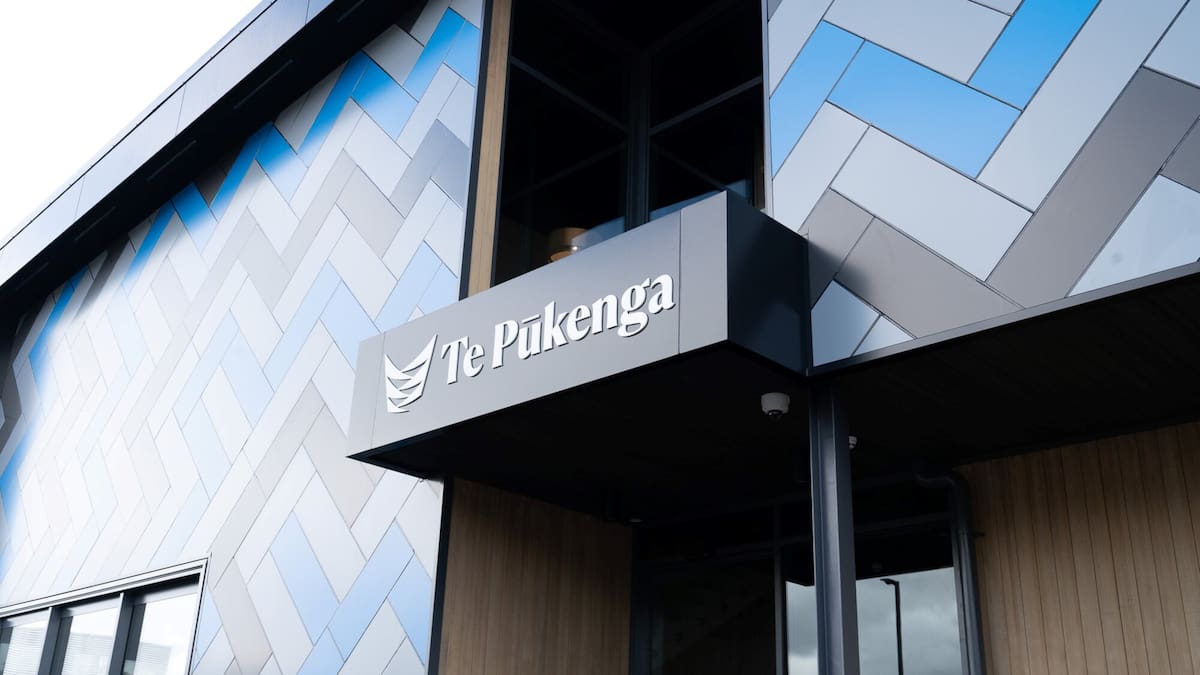With declining student numbers in Tokoroa and Taupō, the cost to run multiple campuses, and a drop in income, “it is just no longer viable to operate in this way”, Toi Ohomai said at the time.
The institution also proposed to disestablish 166.7 full-time equivalent jobs, with a net loss of 63.9 roles after proposed new roles were filled.
Toi Ohomai has confirmed it will disestablish 152.5 full-time equivalent roles, with a net loss of 60.9 roles.
Toi Ohomai said the proposal was in response to a government expectation to become “financially viable”.
Through consultation, 431 submissions were received.
It comes after the Government confirmed in July it would return 10 polytechnics, including Toi Ohomai, to regional governance from the start of next year in an unwinding of Labour’s decision to merge them into Te Pūkenga.
In a statement on Friday, Te Hautū Kahurangi Tertiary Education Union said it was “relieved” at Toi Ohomai’s decision to reverse proposals that would have closed the Tokoroa and Taupō campuses.
Santana Ammunson and Ashton Ledger, union branch co-leaders for Toi Ohomai Rotorua, said it was a “big win” and “positive outcome for our communities”.
The decision meant learners in Taupō and Tokoroa could continue accessing local public vocational education and training, and education could deliver equitable outcomes for all learners “regardless of where they reside”, they said in a joint statement.
However, “we are still facing several losses”, they said.
Toi Ohomai Rotorua branch Kaiarataki Takirua co-leaders Santana Ammunson and Ashton Ledger. Photo / Supplied
Ledger confirmed to the Rotorua Daily Post his learning facilitator position at Mokoia campus had been disestablished.
He was “undecided” if he would reapply for another role.
Ledger said the job descriptions of newly established roles did not include “specific” day-to-day tasks.
He described the morale of staff members as “sombre” and “unsure”.
“There’s still uncertainty … a lot of people don’t know what they’re really signing up for through this recruitment process.”
Government funding yet to be confirmed
On Tuesday, Toi Ohomai Institute of Technology executive director Kieran Hewitson said it recently consulted with kaimahi [staff] on a new structure and operating model “to ensure financial sustainability” as it returned to being a standalone organisation.
During consultation, “we listened to feedback from kaimahi and stakeholders and had made the decision to retain our trades delivery in Taupō”.
Hewitson said it was made aware during consultation of a new fund to support polytechnics “to maintain provision that is strategically important during the transition from Te Pūkenga”.
“We have applied for a portion of that funding, and if approved, it will allow us to continue delivery in Tokoroa.
“While this funding hasn’t yet been confirmed, we would welcome this announcement as it would enable us to maintain current operations in Tokoroa.”
Hewitson said it would also provide Toi Ohomai with the opportunity to work with key stakeholders in these communities “to explore our options to maintain delivery in the longer term”.
She confirmed Toi Ohomai’s plans to disestablish 152.5 roles, and create 91.6 new positions across Toi Ohomai.
Toi Ohomai’s Taupō campus. Photo / Supplied
Minister for Vocational Education Penny Simmonds said the Government was committed to maintaining and improving access to vocational education across the regions.
From January 1, Toi Ohomai would be re-established as a regionally governed polytechnic, “restoring decision-making to the Bay of Plenty and empowering local leaders to shape provision for Rotorua, Taupō, Tokoroa and the wider region and be more responsive to their local communities”.
Simmonds said campus and programme decisions were made by polytechnics and their councils, not by ministers.
From 2026, the council would be able to tailor provision to local needs and industries, supported by the new Industry Skills Board model, she said.
Decisions about viability would be based on enrolments, employment relevance, and delivery costs, with flexibility to use blended and shared services to meet demand, Simmonds said.
Simmonds said to support strategic provision “that may not otherwise be financially viable”, the Government had established a $20 million strategically important provision fund for each of the next two years.
“Toi Ohomai will be advised within the next month what their share of this funding will be.”
Toi Ohomai was established in 2016 through the amalgamation of the Bay of Plenty Polytechnic in Tauranga and Waiariki Institute of Technology in Rotorua. It offers more than 200 study options ranging from entry-level courses through to post-graduate.
Megan Wilson is a health and general news reporter for the Bay of Plenty Times and Rotorua Daily Post. She has been a journalist since 2021.

